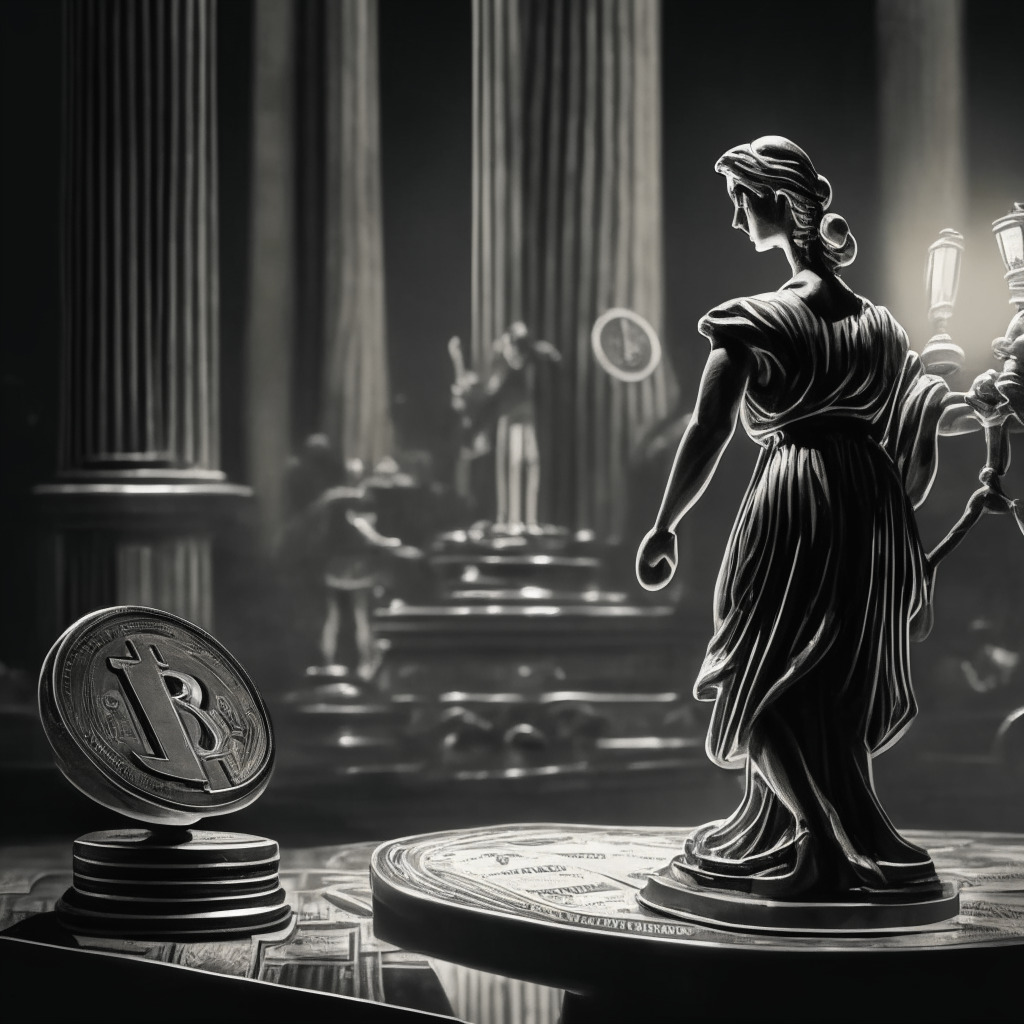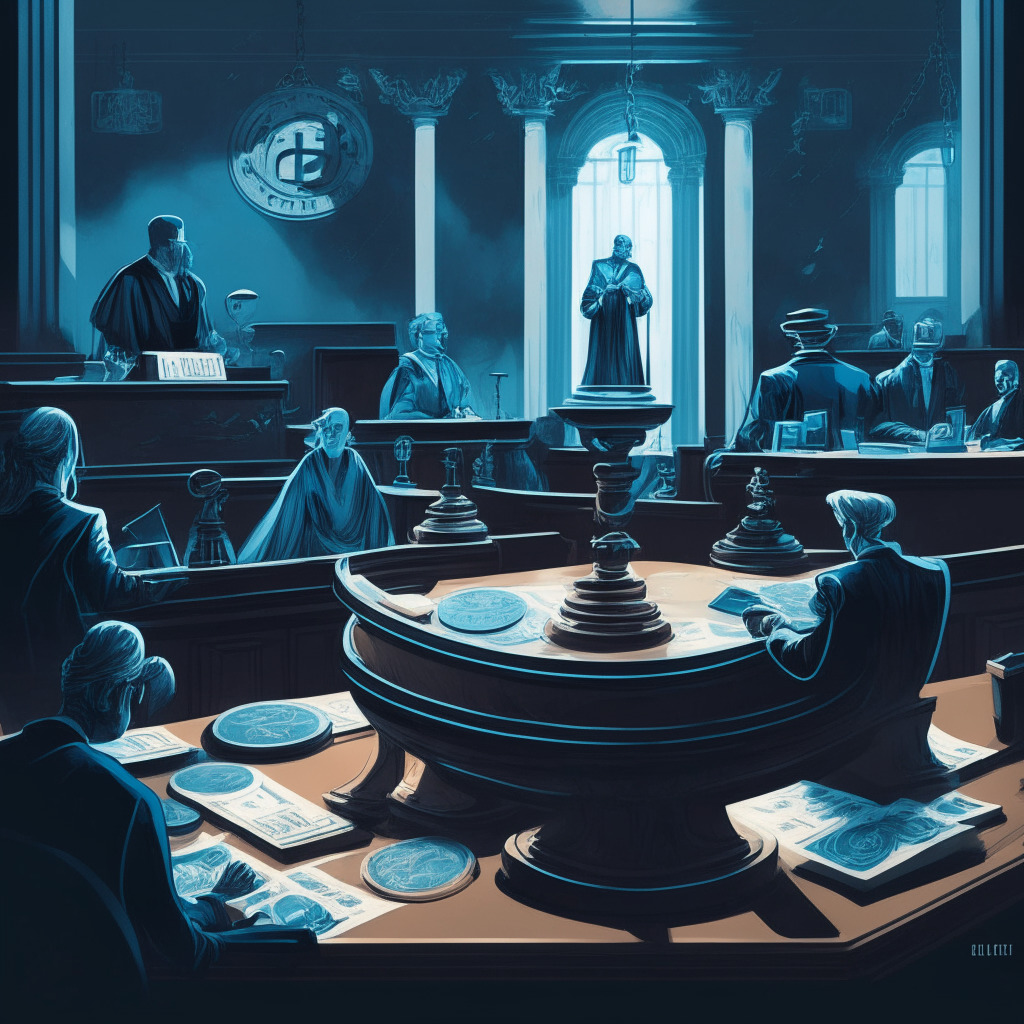In a world where cryptocurrencies are gaining increasing attention, the role of regulation cannot be downplayed. Recent news suggests that the United States Department of Justice (DoJ) mulls over charging the cryptocurrency exchange Binance with fraud. Of course, the repercussions of these potential charges are vast and extensive.
In a bid to cushion consumers from the hardest hit, the Justice Department officials are expressing their concerns about an indictment against Binance. This is reminiscent of the situation which the crypto exchange FTX faced in November 2022. Insiders following the story closely hint at the likelihood that the DoJ may opt for fines or non-prosecution agreements, as opposed to pressing criminal charges against Binance.
However, this is not the first time Binance finds itself in hot waters. The exchange was reportedly subjected to a criminal probe in the U.S. for allegedly violating the country’s sanctions on Russia. In May, the U.S. Securities and Exchange Commission filed a lawsuit against the crypto exchange for allegedly offering unregistered securities and operating illegally. The Commodity Futures Trading Commission also had their eyes on the exchange and its CEO Changpeng Zhao, for alleged violations of trading and derivatives regulations.
The concerns about Binance being charged raise multiple points of contention. Consumers bearing the brunt of these potential charges is a significant concern. While legal accountability is necessary, it is also vital to ensure that consumers are protected – the balance between these two facets is critical for the future of the crypto industry.
On the one hand, holding crypto exchanges accountable promotes trust and increases the overall maturity of the market. Stricter regulations could weed out unscrupulous or negligent actors, thereby ensuring a more robust and reliable crypto ecosystem.
On the flip side, over-regulation can stifle innovation and limit market growth. Many in the crypto space fear that excessive oversight and regulation can slow down the pace of technological advancements and discourage investment in blockchain technologies.
The cryptocurrency world is still a relatively young field that is struggling with trust, transparency, and compliance issues while keeping an eye on maintaining a conducive environment for growth and innovation. The nuanced approach of the DoJ in this case is indicative of a broader shift in regulatory postures – one that balances out the need for consumer protection and market integrity with industry growth and innovation.
As we watch the stories unfold, it becomes increasingly clear that while the DoJ walks a tightrope, their actions in this case may influence the future of cryptocurrency regulation and the future of crypto markets at large.
Source: Cointelegraph




